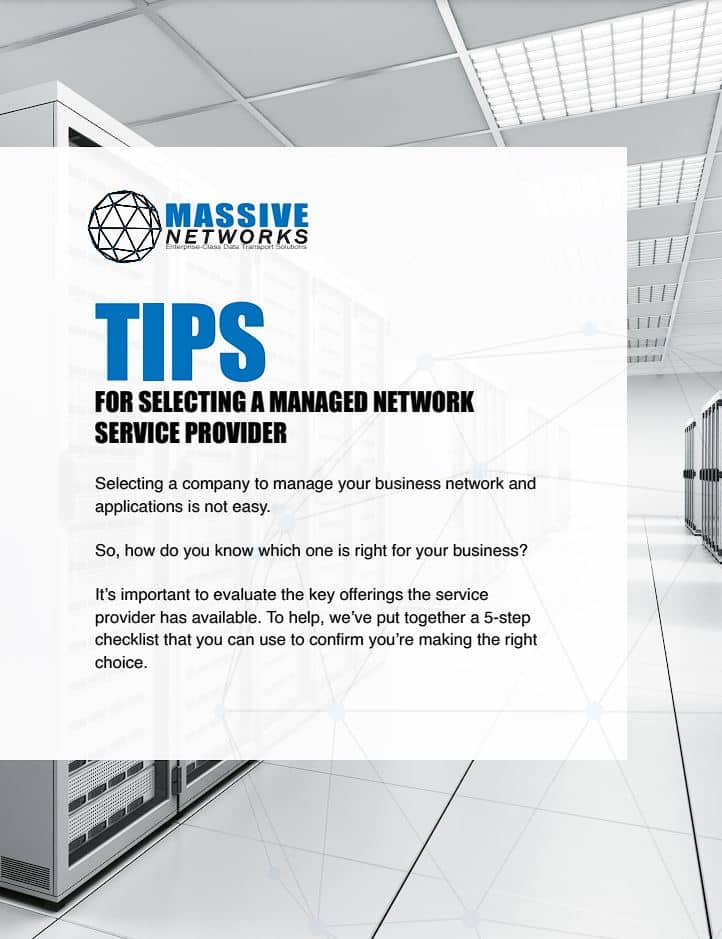Unified Communications: Adopting Devices
Unified communications are on the rise. With the increase of communication solutions based on cloud networks, the mobile workforce of today is improving interaction for all users. From team collaboration apps to video conferencing platforms and instant messaging tools, the geographical location of an employee is no longer a hurdle for businesses to overcome.
Organizations have entered an era where cloud adoption has offered the capability of being connected 24×7. This year alone, we will witness an increase in demand for mobile unified communication solutions because the expectations of consumers that are demanding an “always approachable, always available” business setting. Below are 3 approaches to improve your communication systems.
Make Mobile Unified Communication a Priority
With an increasing number of business officials relying on their mobile devices to communicate, organizations are required to adopt unified mobile communications. They can be conveniently managed and scaled as compared to unified communications connected through wires. IT officials are required to consider adopting mobile devices for unified communications considering mobility has become end users’ primary networking vehicle. Adopting mobile devices for unified communication will offer visibility and control, which is necessary for organizational IT deployments.
Adopting Mobile Unified Communications
For the next 5 to 10 years, unified mobile communication will become the leading provisioning approach and mechanism for enterprise communications. In addition to that, both wireless local area network (WLAN) and cellular networks support unified mobile communications, and in the coming years, it will also match suitably with all-IP 5G services, which are going to become prevalent within next 5 years.
As a result of the high demand for adopting unified communication, we recommend that IT departments start exploring alternative methods to effectively implement and manage the devices.
How To Deploy Mobile Unified Communications
Mobile unified communication is increasingly provisioned as cloud services. Cloud adoption streamlines arrangement, allows for scaling over time, and improves dependability at an overall low operating cost. Mobile unified communications as a service are available that applies the network managing strategy already at work in various other aspects of IT and cloud computing. The mobile unified communication management support in the cloud services allows unified mobile communication as a service to deliver complete flexibility without any need of supplementary infrastructure of any kind.
Need help? No problem.
Get help with your network managing strategy by checking out our Managed Services. We offer an array of useful and flexible programs that can help you stay on track without breaking your budget.









